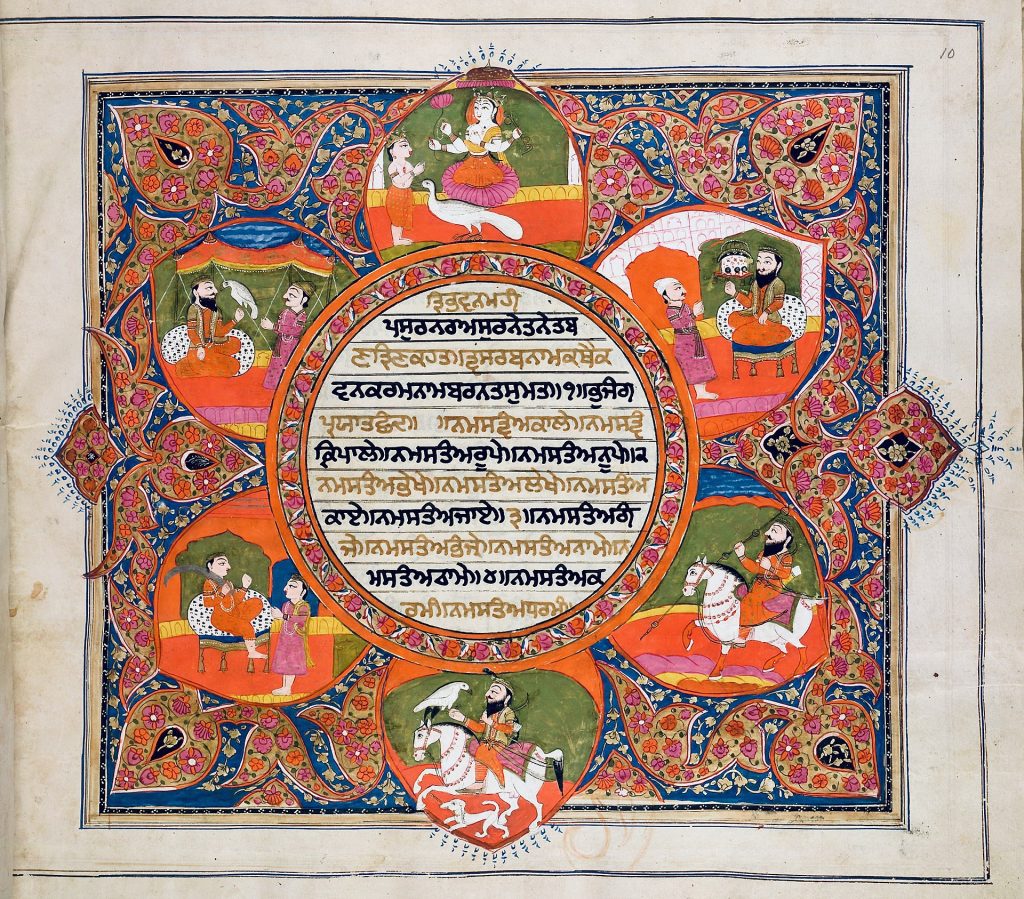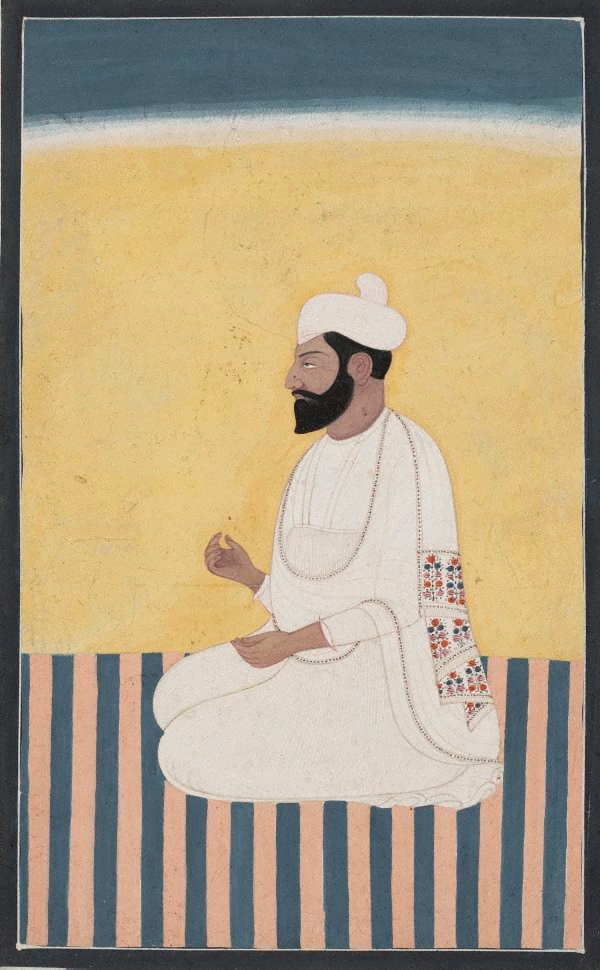Explore the heroic tales of Baba Ram Singh Bedi, a formidable Nihang warrior from Sialkot, descendant of Guru Nanak, who fought bravely against Afghan forces.
DHARA SINGH (d. 1860) succeeded his father, Mehar Singh, to the family estate situated in the Nakka tract of land upon the latter`s death in 1843. Dhara Singh joined Raja Sher Singh with his horsemen at Multan in 1848. He fought against the British in the battles of Ramnagar (22 November 1848) and Gujrat (21 February 1849). He died in 1860.
FATEHNAMAH, by Bhai Dyal Singh, is a versified account of the victory (fateh, in Persian) of the Sikhs in the battle fought on Sunday, 22 Baisakh 1854 Bk/30 April 1797, against Shah Zaman`s forces led by one of his generals Ahmad Khan, also called Shahanchi Khan, in which the latter got killed and his forces fled the field. Nothing is known about the poet who, judging from his diction, belonged to the western parts of the Punjab. The poet showers special praise on the Sikh warrior.
GUJJAR SINGH BHANGI (d. 1788), one of the triumvirate who ruled over Lahore for thirty years before its occupation by Ranjil Singh, was son of a cultivator of very modest means, Nattha Singh. Strong and well built, Gujyar Singh received the vows of the Khalsa at the hands of his maternal grandfather Gurbakhsh Singh Rorarivala, who presented him with a horse and recruited him a member of his band. As Gurbakhsh Singh was growing old, he made Guijar Singh head of his band. Soon the band was united to the force of Hari Singh, head of the Bharigi misi or chief ship. Gujjar Singh set out on a career of conquest and plunder.
GUJRAT (32°34`N, 7405`E). a district town in Pakistan, is sacred to Guru Hargobind, who stayed here for some time on his way back from Kashmir in 1620. Here he was met by the famous Muslim divine Shah Daula, well known to a local Sikh, Bhai Garhia, who also served as a masand in Kashmir preaching Guru Nanak`s word.
Discover the legacy of Shah Daula, a revered Muslim divine from Punjab known for his piety, public works, and embracing Guru Nanak's teachings.
Discover the role of SOBHA SINGH in the 1848-49 revolt alongside Bhai Maharaj Singh against British rule. Explore his journey and contributions.





